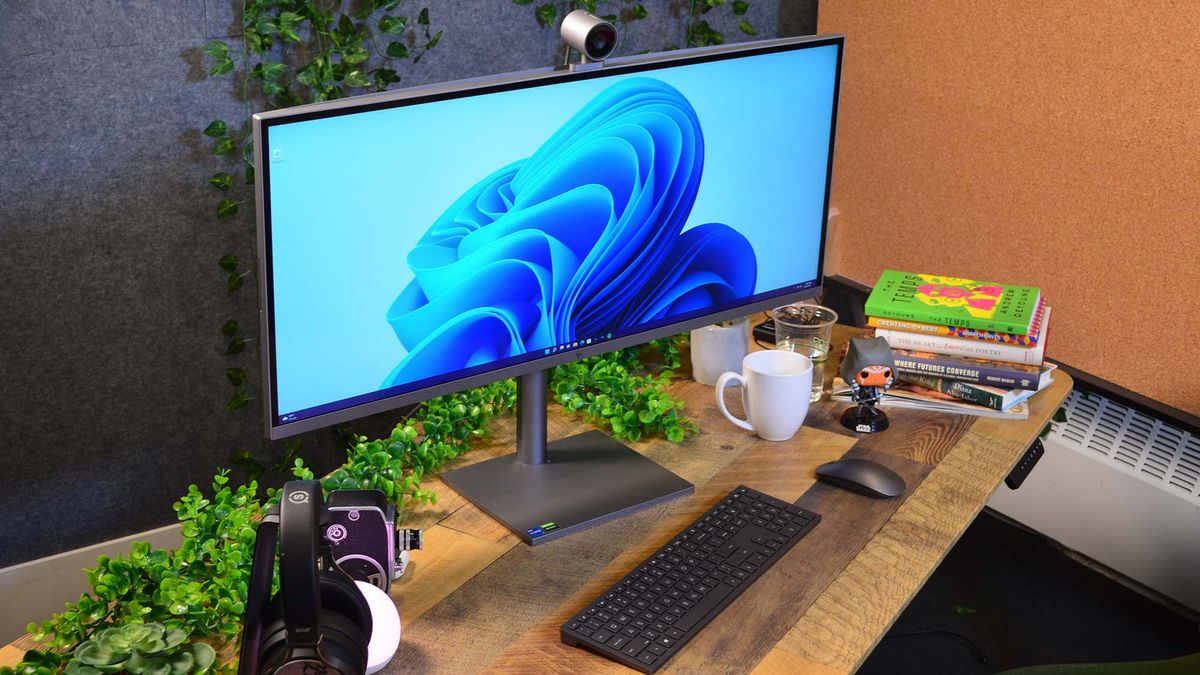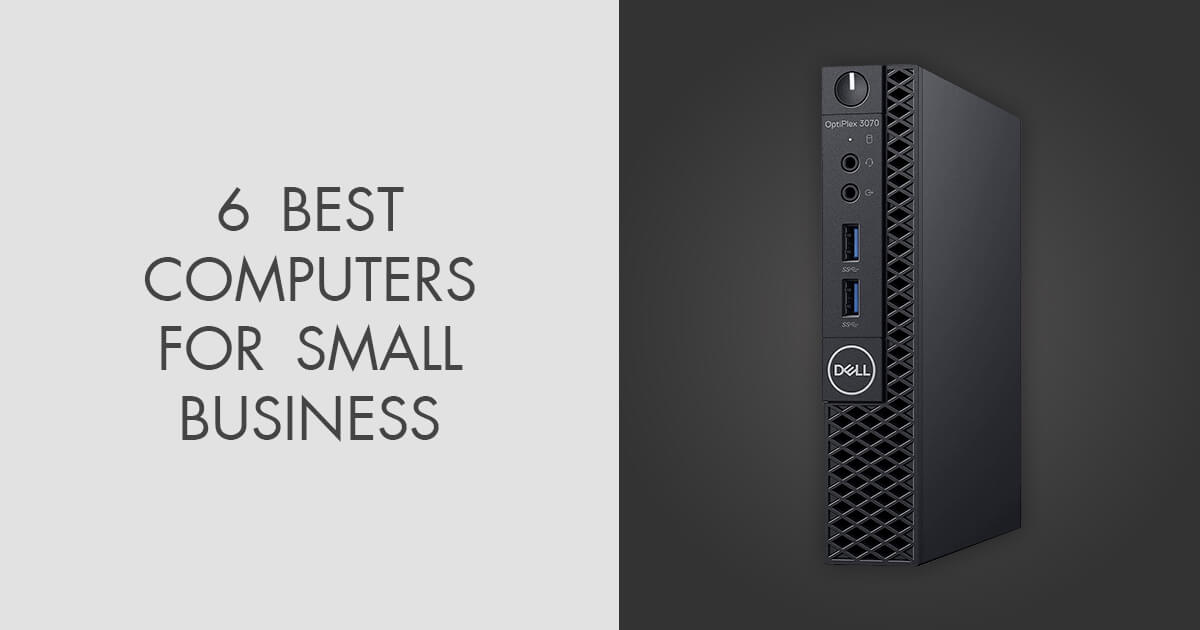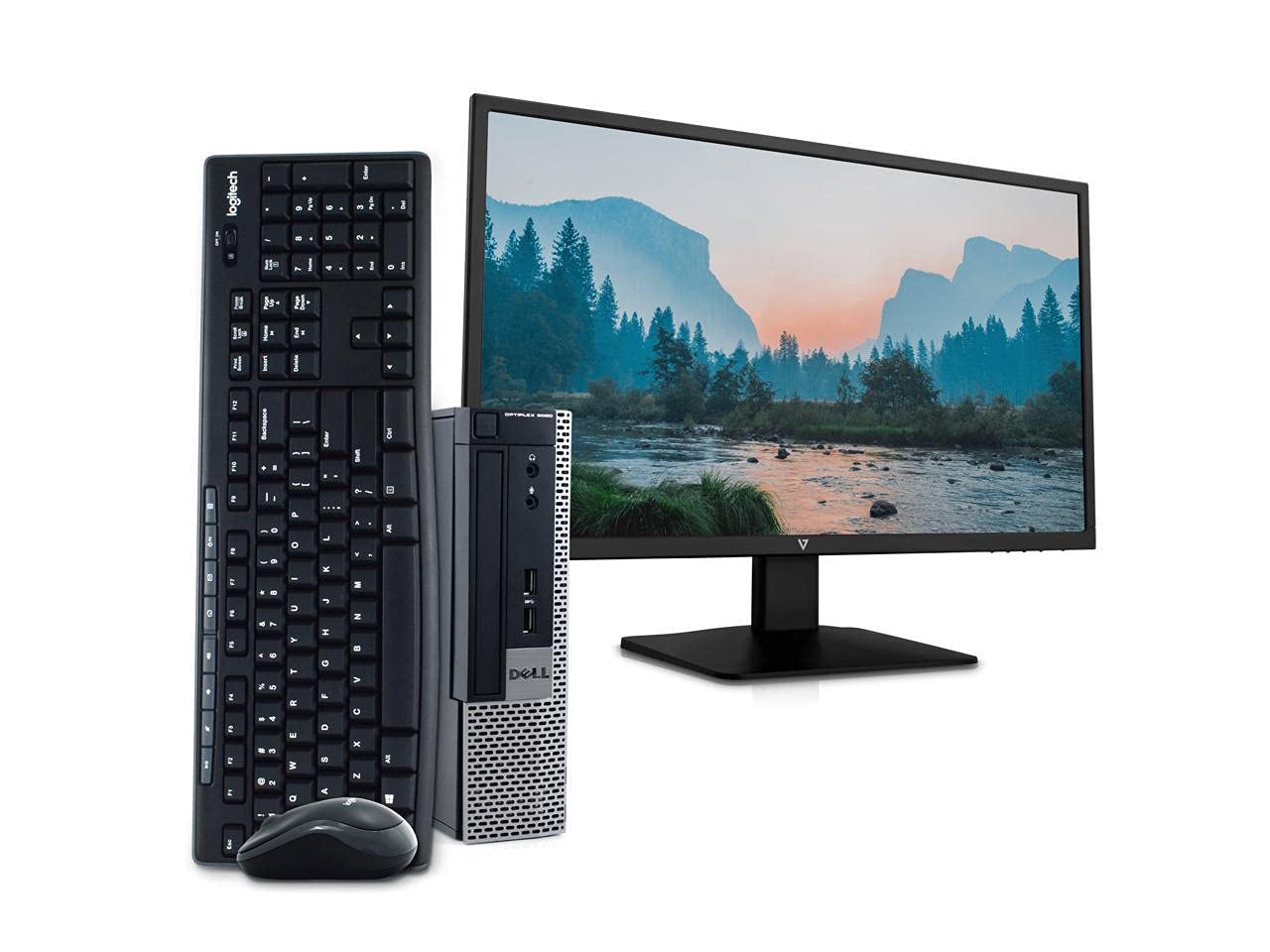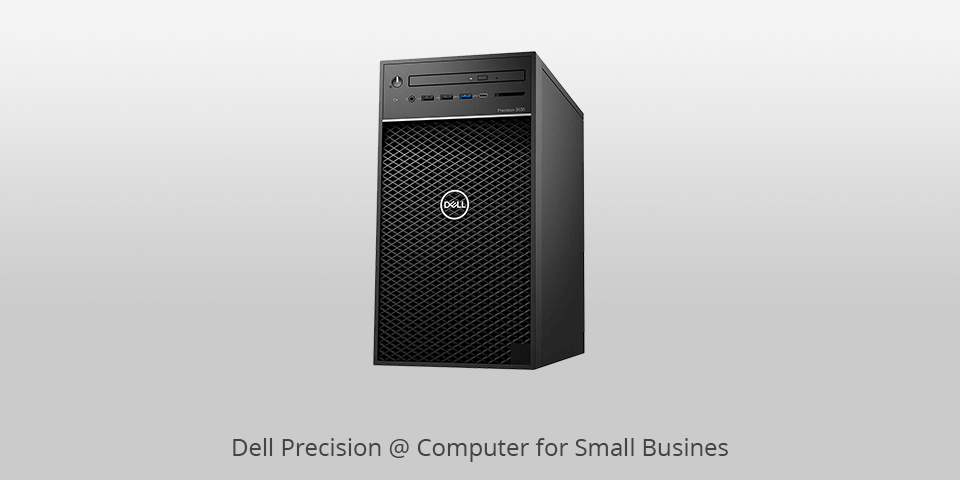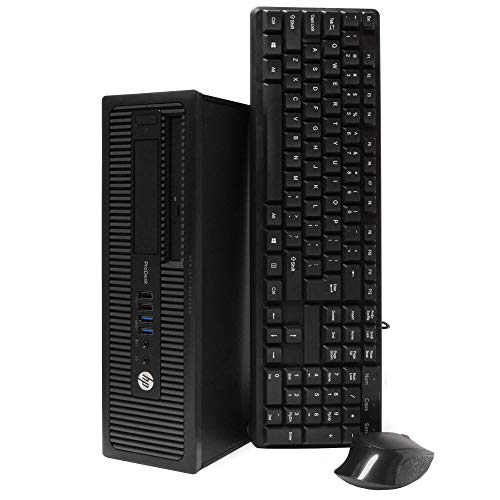Best Pc For Small Business
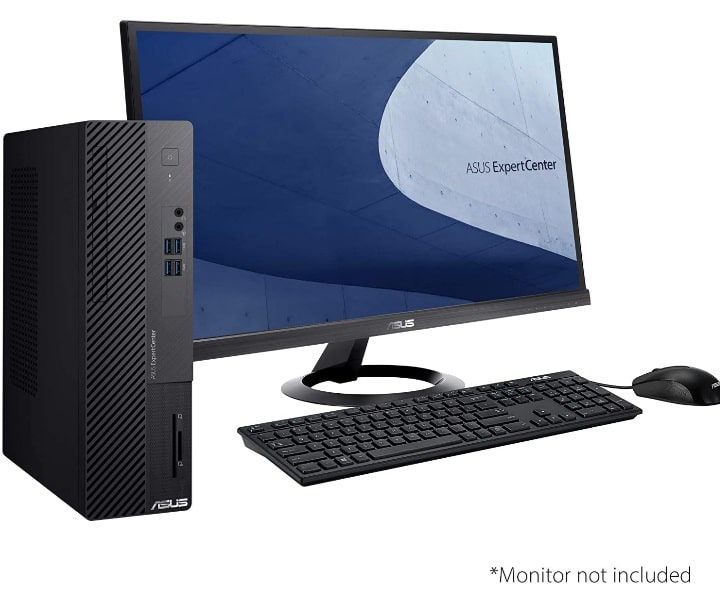
Listen up, penny-pinchers! You're running a small business, not a Fortune 500. Every dollar counts, and that includes the computers powering your operation. We're here to help you find the absolute best PC for your needs without breaking the bank. This guide is for those who understand the value of a hard-earned buck.
Why a Good PC Matters (Even on a Budget)
A reliable PC isn't a luxury, it's a tool. It boosts productivity, streamlines operations, and lets you focus on what truly matters: growing your business. Skimping too much can lead to crashes, slowdowns, and wasted time, ultimately costing you more in the long run.
Think of it like this: a dull knife makes cooking harder. A slow PC makes everything harder.
Our Shortlist: Bargain-Basement to Business-Class
We've scoured the market for PCs that offer the best bang for your buck. Here are our top picks, tailored to different needs and budgets:
- The Minimalist: Dell OptiPlex 3000 Micro (Barebones Functionality)
- The Workhorse: Lenovo ThinkCentre M70s Gen 3 (Solid Performance, Great Value)
- The Future-Proof: HP ProDesk 400 G9 (Expandable, Reliable, Long-Term Investment)
- The All-in-One Savior: Acer Aspire C24-1700 (Space-Saving, Decent Specs)
Detailed Reviews: Cutting Through the Hype
Dell OptiPlex 3000 Micro
This is your rock-bottom option. If you're truly strapped for cash and only need basic functionality (email, spreadsheets, light web browsing), this will work. It's small, energy-efficient, and unbelievably cheap, however, you will need to add memory, a hard drive, and an operating system.
Performance is...adequate. Don't expect to run demanding software. Think of it as the digital equivalent of a bicycle – gets you from A to B, but slowly.
Lenovo ThinkCentre M70s Gen 3
The ThinkCentre M70s is our top pick for overall value. It offers a good balance of performance, reliability, and price. You get a decent processor, enough RAM for most business tasks, and a solid state drive for fast boot times.
It's not a gaming machine, but it handles office applications, web browsing, and light multitasking with ease. Lenovo's reputation for reliability is a major plus.
HP ProDesk 400 G9
If you're planning for the long term, the ProDesk 400 G9 is a smart choice. It's more expensive than the ThinkCentre, but it offers better expandability and a more robust build quality. This PC is designed to last, with plenty of room for upgrades down the road.
The ProDesk series is known for its reliability and longevity. This one is a digital investment for your business.
Acer Aspire C24-1700
Short on space? The Acer Aspire C24-1700 is an all-in-one PC that integrates the computer and monitor into a single unit. It's a clean and convenient solution for small offices or reception areas.
Performance is decent for everyday tasks, but it's not as powerful as the desktop options. The integrated graphics are fine for basic use, but not suitable for demanding applications.
Side-by-Side Specs and Performance
Here's a table comparing the key specifications and performance scores of each PC:
| PC Model | Processor | RAM (Base) | Storage (Base) | Graphics | PassMark CPU Score | Price (Approx.) |
|---|---|---|---|---|---|---|
| Dell OptiPlex 3000 Micro | Intel Celeron/Pentium | 0 GB (Barebone) | 0 GB (Barebone) | Integrated | ~2000-3500 | $200 - $300 (Barebone) |
| Lenovo ThinkCentre M70s Gen 3 | Intel Core i3/i5 | 8 GB | 256 GB SSD | Integrated | ~7000-10000 | $500 - $700 |
| HP ProDesk 400 G9 | Intel Core i3/i5 | 8 GB | 256 GB SSD | Integrated | ~7000-10000 | $600 - $800 |
| Acer Aspire C24-1700 | Intel Core i3/i5 | 8 GB | 512 GB SSD | Integrated | ~6000-9000 | $650 - $850 |
Note: Prices are approximate and may vary depending on configuration and retailer.
Customer Satisfaction: What Others Are Saying
We've compiled customer satisfaction data from various sources to give you a sense of real-world user experiences:
- Dell OptiPlex 3000 Micro: Reviews are mixed, with some users praising the low price and small size, while others complain about the limited performance and upgrade options.
- Lenovo ThinkCentre M70s Gen 3: Generally positive reviews, with users highlighting the solid performance, reliability, and value for money.
- HP ProDesk 400 G9: Mostly positive reviews, with users praising the build quality, expandability, and long-term reliability.
- Acer Aspire C24-1700: Reviews are generally positive, with users appreciating the space-saving design and ease of use. Some users note that the performance is not ideal for demanding tasks.
Maintenance Cost Projections: The Long Game
Don't forget about the ongoing costs of owning a PC. Here's a look at potential maintenance expenses:
- Software Updates: Budget for software updates and security patches, which are essential for keeping your PC running smoothly and securely.
- Hardware Failures: PCs can fail, especially older models. Consider purchasing an extended warranty or budgeting for potential repairs.
- IT Support: If you don't have in-house IT expertise, factor in the cost of external support for troubleshooting and maintenance.
A well-maintained PC will last longer and save you money in the long run.
Key Takeaways: Making the Right Choice
Choosing the right PC for your small business is about finding the sweet spot between price and performance. The Lenovo ThinkCentre M70s Gen 3 offers the best overall value, while the HP ProDesk 400 G9 is a good choice for long-term reliability. If you're truly on a shoestring budget, the Dell OptiPlex 3000 Micro can get the job done, but be prepared for some limitations. The Acer Aspire C24-1700 is ideal if space is a primary concern.
Consider your specific needs, budget, and long-term goals before making a decision.
Ready to Buy? Don't Wait!
Now that you're armed with the knowledge, it's time to take action! Check prices at major retailers, compare configurations, and read user reviews before making your final decision. Investing in the right PC can significantly boost your business's productivity and efficiency.
Click here to compare prices and find the best deals!
Frequently Asked Questions (FAQ)
Q: How much RAM do I really need?
A: For basic office tasks, 8GB is usually sufficient. If you plan on running multiple applications simultaneously or working with large files, consider upgrading to 16GB.
Q: Should I get a desktop or a laptop?
A: Desktops are generally more powerful and offer better value for money. Laptops are more portable, but tend to be more expensive for the same level of performance.
Q: What's the difference between an SSD and a HDD?
A: An SSD (Solid State Drive) is much faster than a traditional HDD (Hard Disk Drive). SSDs offer faster boot times, application loading, and overall performance. They are more expensive, but well worth the investment.
Q: Do I need a dedicated graphics card?
A: Unless you're doing graphics-intensive work (e.g., video editing, graphic design), integrated graphics are usually sufficient for business tasks.
Q: Where can I find the best deals on PCs?
A: Compare prices at major online retailers such as Amazon, Newegg, and Best Buy. Also, check for deals and discounts on manufacturer websites.
